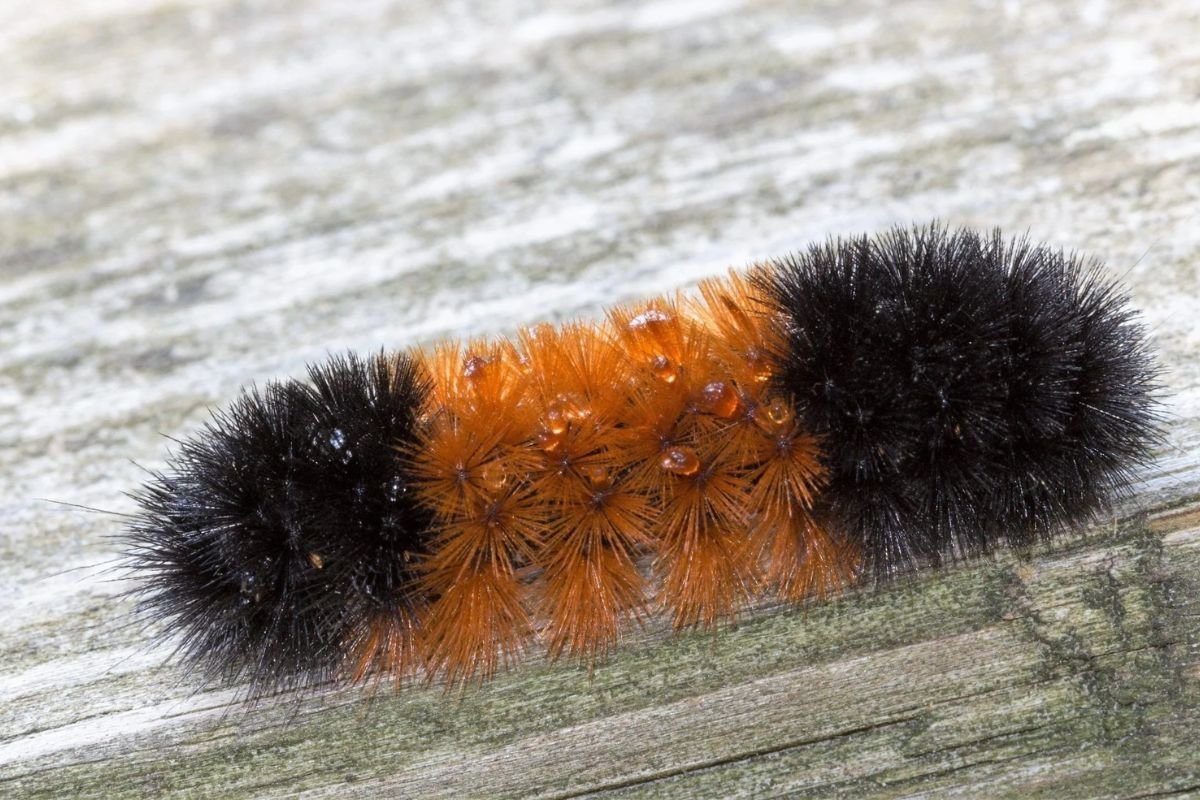Groundbreaking Genetic Findings Shed Light on Disease Development
Scientists have uncovered crucial genetic factors and evolutionary patterns that play a role in the development of testicular cancer. This research provides valuable insights into how the disease progresses and lays the groundwork for improved treatment strategies. While testicular cancer represents just about 1% of all cancers in men, it is the most common cancer in those aged 15 to 44, with nearly 200 new diagnoses each year in Ireland alone. Recent trends show a rise in cases, particularly in Northern and Central Europe.
Despite its relatively low incidence, testicular cancer is highly treatable, with survival rates surpassing 90% when detected early. However, for patients with the most aggressive forms of the disease, survival rates are significantly lower, with only a 50% chance of survival. Current chemotherapy treatments, while effective, often come with severe side effects and toxicity. The new genetic research offers hope for identifying more targeted treatments and improving patient outcomes, particularly for those with high-risk tumors.
Key Discoveries Highlight Tumor Specificity and Evolutionary Pathways
Using data from the 100,000 Genomes Project, which is led by Genomics England and NHS England, researchers applied whole genome sequencing (WGS) to analyze 60 patient samples. Their findings, published in Nature Communications, address long-standing biological and clinical questions surrounding testicular germ cell tumors (TGCTs). Among the most significant discoveries is the identification of new genetic mutations and potential cancer drivers specific to certain tumor subtypes. This could help doctors better stratify patients based on their tumor characteristics, allowing for more personalized treatment plans.
The study also revealed the evolutionary trajectories of genetic alterations within TGCTs, providing a clearer picture of how these tumors progress over time. Researchers were able to map out probable pathways that lead to cancer development, which may help predict how the disease will evolve in individual patients. Additionally, the team discovered a broader array of mutational signatures, which are unique patterns of DNA damage linked to various environmental factors like smoking or UV exposure. These signatures may offer new insights into the carcinogenic risks associated with lifestyle factors and improve the ability to assess cancer risk retrospectively.
Identifying Unique Immune Mechanisms and Future Research Directions
Another key finding of the study was the identification of a genomic immune mechanism specific to testicular cancer, particularly in seminomas, the most common subtype of the disease. This discovery is significant because it could lead to new immunotherapy options for treating TGCTs, potentially reducing reliance on chemotherapy and its associated side effects.
The research was a collaborative effort led by prominent scientists such as Professors Matthew Murray, Andrew Protheroe, Clare Verrill, and David Wedge, alongside a dedicated team of researchers, clinicians, and trainees from institutions including Trinity College, the University of Oxford, the University of Cambridge, and the University of Manchester. Moving forward, the researchers hope to expand their study by including a larger and more diverse group of participants, in order to capture a wider range of testicular cancer types, ethnicities, and clinical outcomes. This expanded research could further enhance understanding of the disease and pave the way for more effective, tailored treatments.
In summary, this pioneering study not only sheds light on the genetic underpinnings of testicular cancer but also opens new avenues for more precise and less toxic treatment options, offering hope for improving survival rates and quality of life for those affected by the disease.







